Understanding Home Insurance

With all the recent wild weather we have been having here in Orangeville and all the posting we see on Facebook and other social media sites, of flooding and trees coming down, it made me think maybe we should all have a look at our insurance policies. I have been a home owner for the past 24 years, but I will be honest, I never really cared much about home insurance. I had a mortgage, so I knew I needed it. I really looked for the ‘cheapest’ policy going. It’s not until I was older and saw people going through insurance nightmares that I decided I really wanted to understand what I had and looked into it further. The worst time to realize what you don’t have covered is when disaster happens.
In Canada, it is not mandatory to have home insurance (like auto insurance) however, if you have a mortgage, then the lender usually requires you have an insurance policy to protect your asset. Even if you do not have a mortgage, it makes sense to have some kind of coverage in case of emergency. There are several points you should consider when looking into home insurance.
1. How much coverage?
You need to determine with your insurance company how much insurance you feel comfortable having. There is insurance on the actual building (home) as well as all the stuff inside (contents). I remember arguing with an insurance agent once about increasing my content insurance. I felt I did not have near enough if I had to replace every little gizmo and gadget I had in my kitchen alone would have been equivalent to what he was recommending. Be realistic in how much coverage you actually need.
2. Compare deductibles
Your deductible is the amount you must first pay out of pocket before the insurance will kick in. The higher the deductible the less your premiums typically are. This is something you need to be comfortable with.
3. Replacement v.s. actual cash value
Most people would want replacement value on their home. As building costs generally increase, you would want the insurance to build exactly what you had. Keep in mind; if you do renovations, you need to let your insurance company know, so they can adjust the value of the home appropriately.
4. Older Homes
Is the century home of your dreams even insurable in its current condition? Many insurance companies are not crazy about knob and tube wiring, aluminum wiring, wood stoves and wood fireplaces, galvanized or lead piping, fuse panels versus breaker panels. Insurance companies generally like a roof less than 20 years old. There are many factors that may increase your premiums or may not be insurable at all. Check with an insurance company before you purchase. As Orangeville Realtors, we generally include an insurance clause in offers to purchase especially in older homes or with first time home buyers.
5. Understand what is covered and what is not
Many people are surprised to find out insurance companies generally do not insure sewer back-up. You may be surprised to find out, that you had to take extra coverage for this. Same with acts of nature like earth quakes or in areas of flood plains, know if you need extra insurance or not. If you deal with a reputable, local insurance company, typically they will discuss all of these options with you. Know if your insurance covers you when you are on extended vacations? There are so many questions to ask!
6. Don’t skimp on Insurance
I know we try to cut costs in as many ways as possible, but when it comes to insurance, DO NOT SKIMP!!! Make sure you have adequate insurance. Tell the insurance company when you make any changes like run a home based business, rent out the basement, make renovations etc. Don’t put your head in the sand and think, it won’t happen to me. Look for ways to reduce insurance premiums like install security system, sprinkler system, be a non-smoker, and consider grouping policies like home and auto.
I really believe insurance is very important and equally important is to have a relationship with your local insurance broker. Be able to call them and have them explain fully what is covered and what is not. The absolute worst time to find out what is not covered is when the neighbor’s massive oak tree has fallen onto the house and is opened up the roof and the freak rain storm has caused your basement furniture to float up on the main floor. This is not the time you want to learn all about the fine print!!!

